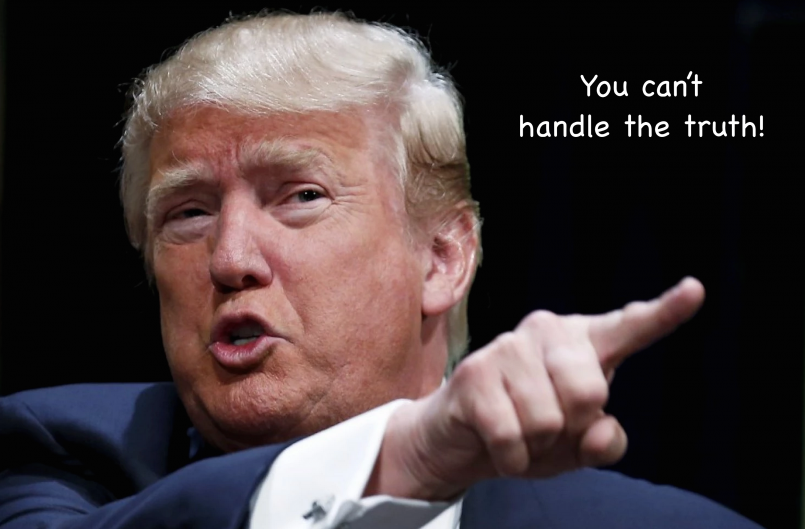Kuhn argued that science progresses in fits and starts.
库恩认为,科学的发展本来就是时断时续式的发展。
In normal science, a group of “practitioners” has settled on a way of defining and solving problems—a paradigm, a conceptual scheme.
就常规的科学发展而言,通常都是一群“从业者”走在定义问题,解决问题的道路上——这就是一种范式,一种概念图式。
They have a way of looking at the world and are by and large happy with it.
他们会建立起他们整体满意的理解世界的方式。
But then there are anomalies—things that don’t fit neatly into the scheme.
尽管如此,还是会出现异常情况——也即不能很好地纳入已有图式的情况。
One or two anomalies can perhaps be ignored, but as they accumulate, they threaten the stability of the paradigm.
一两次异常或许还可以忽略不计,但随着次数的累积,这些异常就会威胁到范式的稳定。
Unexplained anomalies lead to a crisis, a crisis leads to a revolution, and a revolution leads to a shift to a new paradigm.
异常难以解释便会引发危机,危机引发变革,变革则会引发范式的转换。
This seems O.K. on the face of it.
表面上看,这似乎没什么问题。
But Kuhn’s claim was deeper and far more radical.
但库恩的主张更为深刻,也更为激进。
He argued that as science changes, so does the world.
他认为,科学在变,世界也在变。
If we take his theories literally, we could never adequately understand the past because it is cloaked from our view by changes in meaning.
如果我们仅从字面上理解他的假说,那我们永远也无法充分理解我们的历史,因为意义的转变遮住了我们的双眼。
And even though his views were seemingly embraced,
尽管表面来看,人们已经接受了他的观点,
it’s not clear to me that anyone ever carefully considered their implications.
但是否有人真的认真考虑过这些观点的含义我依然不太清楚。
I would argue that they were horrific—that, in essence, they amounted to a denial of truth and even a denial of reality.
我个人认为,这些观点细思极恐——因为这些观点无异于否认真相,甚至否认现实。
Kuhn espoused a kind of crazy idealist philosophy: We make the world up as we go along.
库恩信奉的是一种疯狂的理想主义哲学:世界是随着我们的前进被创造出来的。
It reminds me of the famous quote attributed to Karl Rove—who has denied saying it—during George W. Bush’s presidency:
这让我想起了据说是卡尔·罗夫在乔治·W·布什担任总统时留下的——他本人则拒绝承认说过此话——一句名言:
“We’re an empire now, and when we act, we create our own reality.”
“我们现在是一个帝国了,当我们采取行动时,我们就创造了我们自己的现实。”
I have very limited sympathy with these views.
我与这些观点的共鸣非常有限。
We can argue about the number of people who went to a Trump rally,
打个比方,我们可以就参加特朗普集会的人数展开争论,
but would anyone seriously deny that there is a number and a reality to the event?
但真的会有人严肃否认有一个确切的人数和确切的现实存在吗?
 What’s scary about the present time is that people believe they can assert truth just by screaming louder than others or repeating themselves,
What’s scary about the present time is that people believe they can assert truth just by screaming louder than others or repeating themselves,
当下最可怕的是,人们以为,只要声音比别人大,或是重复——
like the Bellman in Lewis Carroll’s The Hunting of the Snark: “What I tell you three times is true.”
就像刘易斯·卡罗尔《猎鲨记》中的敲钟人所说的那样:“凡是我重复过三次的事就是真的”——就能让自己的话变成真相。
But we all know in our hearts that mere repetition and decibel level is no way to truth.
但我们深知,紧靠重复和分贝是无法通向真相的。
Part of the controversy hinges on the diferences between discovery and invention.
争论的部分原因恰如“发现”和“发明”之间的差异。
To me, science and math are ultimately about undiscovered continents:
在我看来,科学和数学归根结底都是在研究未被发现的大陆,
things that really do exist, although we might not yet know about them.
也即即便我们还不知道,但确实存在的事物。
The example that I often use is trilobites in the Cambrian period, more than 500 million years ago.
我经常会举5亿多年前寒武纪时期的三叶虫的例子。
Did trilobites know the value of pi? I think not.
三叶虫知道圆周率的值吗?我认为不知道。
Did any living creature in the Cambrian know the value of pi? No.
寒武纪有生物知道圆周率的值吗?没有。
But did pi exist with the same value that we know of today? Yes.
但那时的圆周率的值和我们今天知道的值一样吗?一样。
Truth is all around us.
真相就在我们身边。
We just have to look for it.
我们要做的就是发现它。
This task—figuring out where we stand with respect to truth and to the world around us—is mankind’s most noble activity.
这项任务——弄清我们对真相及我们周围世界的立场——是人类最崇高的活动。
We give up on it at our peril.
放弃追寻真相,我们势必付出惨痛的代价。
译文由可可原创,仅供学习交流使用,未经许可请勿转载。
 What’s scary about the present time is that people believe they can assert truth just by screaming louder than others or repeating themselves,
What’s scary about the present time is that people believe they can assert truth just by screaming louder than others or repeating themselves, What’s scary about the present time is that people believe they can assert truth just by screaming louder than others or repeating themselves,
What’s scary about the present time is that people believe they can assert truth just by screaming louder than others or repeating themselves,